As a health professional, you understand the importance of promoting good health to every one of your patients. We provide you with ideas and suggestions on how to do that.
Physiotherapy staff are well placed to make a positive impact in public health across the UK, start to make a difference by using the links below.
Find out more about public health and physical activity
Public health covers both illness prevention and promotion of personal wellbeing. Use our introduction page if you are unsure about what public health means or need help locating resources.
You can also access guidance and infographics on the amount and type of physical activity people should be doing to improve their health, as well as public health data for the UK.

Allied Health Professions public health strategic sramework 2019-2024
This strategic framework sets out the vision for the role of Allied Health Professionals (AHPs) in public health over the next five years, along with the goals to realise the vision.
It is intended to help AHPs, as well as their professional bodies and partner organisations, to further develop their role in public health, share best practice with colleagues and partners and ultimately embed preventative healthcare across all of their work.
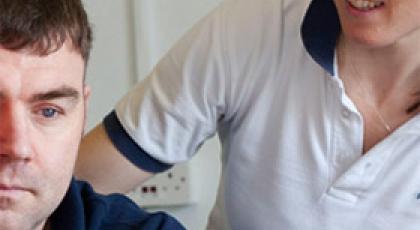
Royal Society for Public Health AHP Hub
The hub was created through collaboration of RSPH, Public Health England, the Welsh Government, the Northern Ireland Government, the Scottish Government, the Public Health Agency and key partner organisations.
It collates a wealth of resources on a central platform to support the work of AHPs who routinely contribute to public health. It includes a series of case studies that showcase best practice and innovation across the sector.
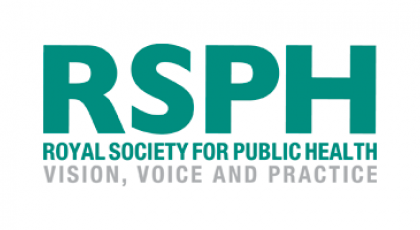
Social prescribing
Social prescribing improves outcomes for people by giving more choice and control over their lives. It is effective at targeting the causes of health inequalities and is particularly useful for people who need more support with their mental health, have one or more long-term conditions, are lonely or isolated, and/or have complex social needs that affect their wellbeing.
Physiotherapists can engage with social prescribing in a number of ways and the framework describes a continuum of practice in this area.
Access resources from NHS England or the RSPH.
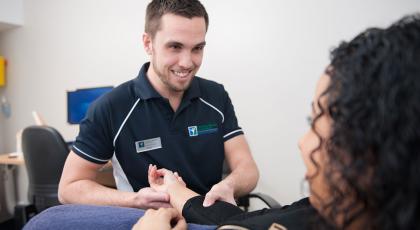
Make Every Contact Count (MECC)
By using a MECC approach healthcare professionals can help people make healthier choices to achieve positive long-term behaviour change. Access NHS England's resources to support local implementation and measure impact or take a look at resources from NICE and Public Health Wales.

CSP strength project
We’re working with Sport England and the Centre for Ageing Better to find ways to help your patients become stronger.
Our insight report on the project and one-page resource for health professionals are now available

Musculoskeletal health
The governement's five-year prevention strategic framework aims to help support prevention and MSK health promotion work in every local area across England. This in turn will continue to reduce inequalities, raise the focus on MSK health as key to population health and wellbeing, and ensure that our healthcare resources are used most effectively.
You can download the framework or read the guidance to applying it.
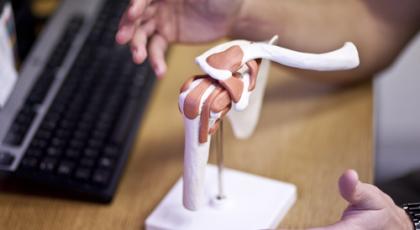
Service redesign
Health Education England has worked in partnership with Public Health England, NHS England, and NHS Improvement to develop a 5-step practical toolkit to support clinical leaders and service managers to guide teams through the process of quality improvement and re-designing services to support prevention as well as treatment.
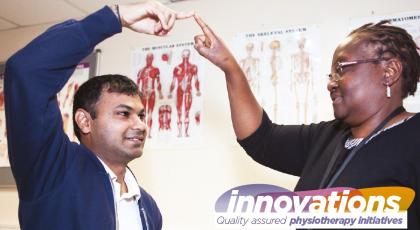
Supporting patients to stay active
Have a look at the resources we've collected to help you help patients in getting active, building strength, preventing falls and losing weight.




































